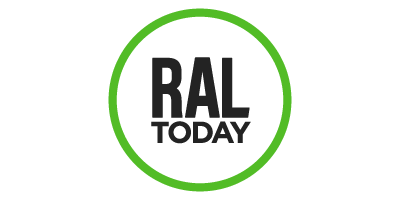Earlier this week, the city council voted to move forward with placing an $80 million affordable housing bond on the ballot when voters go to the polls November 3. What does this mean?
First some definitions —
Affordable housing, noun. \ ə-fôrdə-bəl houzĭng \ 1. Accommodation or dwelling places for which the occupants pay 30% of their income or less. 2. Homes which meet the criteria for low-income individuals to rent or purchase. 3. Collective government programs that subsidize housing costs for lower income residents.
Bond, noun. \ bŏnd \ 1. A bond issue is an item placed before voters by a local government, asking them to approve or deny specific allocations for funding or additional proposed spending. 2. General obligation bonds are backed by the local government and constitute public debt.
Now let’s do some quick math: the median home price within the City of Raleigh is currently $287,647 (monthly payments average ~$1,360) + the average household income is around $4,548 per month. The good news: the numbers shake out to an average housing cost of 30% relative to income (in other words, “affordable” by definition). But as our city’s population continues to grow rapidly, inventory decreases and prices go up.
In a poll conducted by RALtoday last fall, our readers told us what “affordable” means to them:
- 51% said under $189,000
- 38% said $189,000-$250,000
- 10% said $250,000-$400,000
- 1% said $400,000+
So what will the bond do? The proposal aims to address housing disparity and vanishing inventory through various measures, including:
- Distributing investment projects equally
- Constructing new units + rehabilitating existing units
- Coordinating with Wake County to provide a range of housing types for varying income levels
- Developing innovative partnerships
- Programming for down payment assistance + first-time homebuyers
- Providing gap financing and tax credits for the development of low-income housing
And how would it be funded? In short, the money comes from taxpayers (that’s why we get to vote yes or no come November). To fully fund the bond, property owners would see an annual increase of taxes up to about $25.
Want to learn more about this topic? Check out some of our past articles below:











